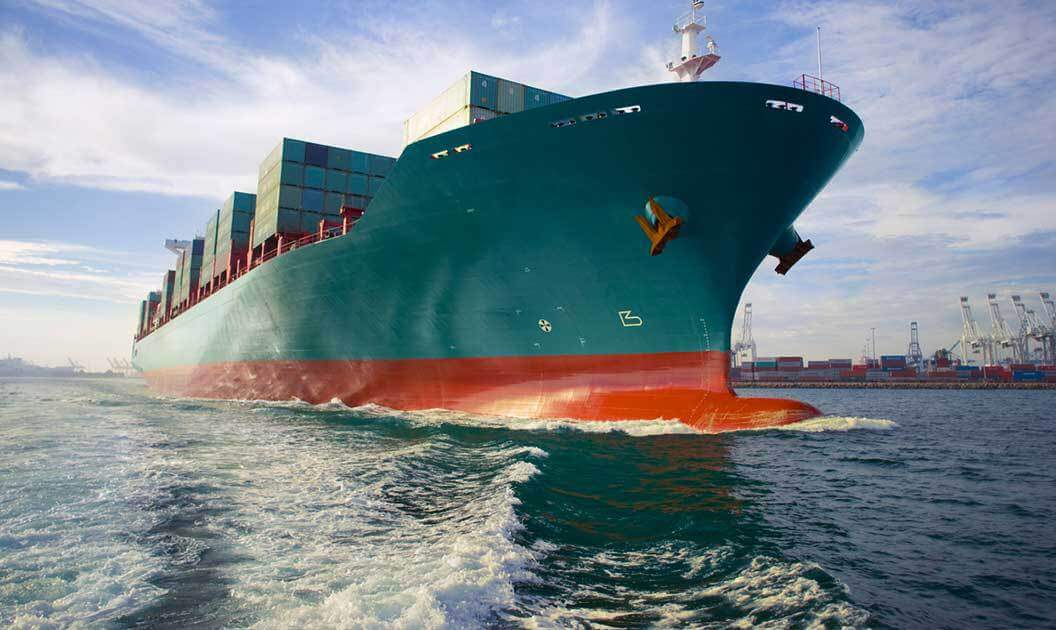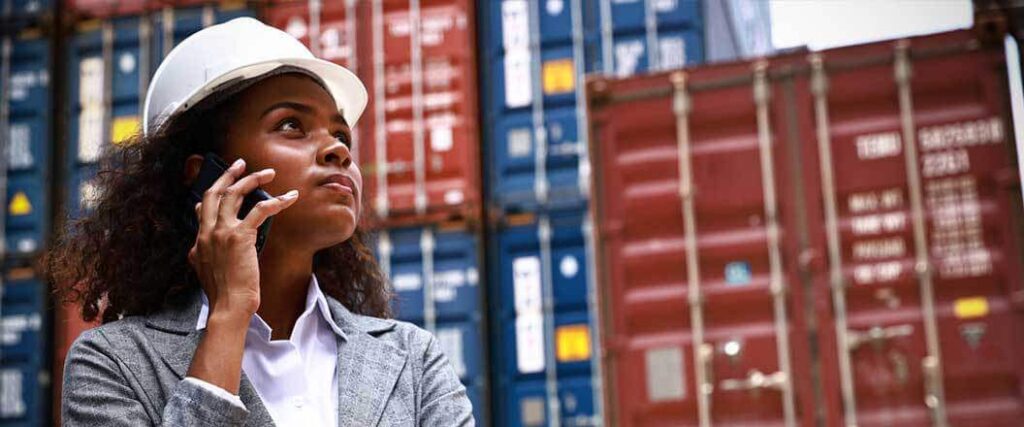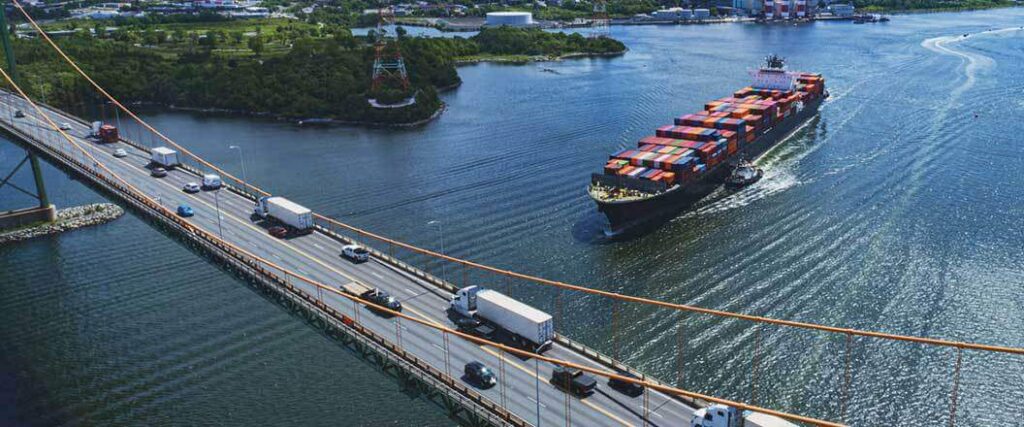
When it comes to international trade, one of the most important steps is clearing customs. Customs clearance can be complex, which is why many businesses turn to customs brokers. But how to find a customs broker that is reliable, experienced, and fits your needs? The question isn’t easy to answer, and it poses a challenge for businesses looking to streamline their import operations.
Finding a reputable customs broker requires research and due diligence. Start by checking the list of licensed brokers on the website of the Customs and Border Protection (CBP) agency. Look for brokers who specialize in your type of goods, have a proven track record, and offer competitive fees. Schedule meetings with several brokers, and check up on their references and customer testimonials.
We’ll explore some key considerations for finding the best customs broker for your business.
Finding a customs broker can be overwhelming, especially if you're new to international trade. However, you can find a customs broker quickly and easily through careful research.
Here are some tips to help you get started:
1. Use Online Customs Broker Platforms
Many online platforms offer customs brokerage services. These platforms can help you find a customs broker quickly and easily. You can compare prices and services to find what’s right for you.
At USA Customs Clearance, we provide a full suite of online customs clearance services, including:
2. Ask for Referrals
If you know other businesses that import, ask for referrals. They may have worked with a brokerage service in the past and can recommend a company or individual they trust.
3. Attend Trade Shows and Conference
Trade shows and conferences are great places to meet customs brokers and learn more about their services. You get to ask industry specific questions and get a sense of their level of expertise.
How many of these steps you end up taking depends on your import needs. Finding brokerage services can be an ongoing process. In some cases, you may decide to use different brokers for different products. Companies with diversified products will commonly do this to avoid confusion.
4. Check the Customs and Border Protection Website
The CBP website maintains a list of licensed customs brokers. This list is a good starting point for finding a customs broker. You can search for brokers by location or by name. Make a list of potential brokers and their contact information.

Visit Our Customs Clearance Page for Our Full Suite of Services, or Schedule a 1-on-1 Consultation with a Licensed Broker.
We Provide Expert Customs Brokerage for Any Situation.

Not all businesses need to hire a customs broker. However, if you're involved in international trade, you may need a customs broker to help you navigate the regulations and procedures of customs clearance.
You may need a customs broker if you're importing goods into the United States that are subject to certain regulations, or if you're exporting goods out of the country. Customs brokers can help you comply with these regulations and ensure that your goods are cleared for entry or exit.
Common reasons to use a clearance service include:
There are some cases where you may be able to clear customs yourself. For example, importing personal effects such as clothing, jewelry, or furniture.
Similarly, if you are importing goods with a value of less than $2,500, you may be able to clear your goods through customs using a simple form called the Entry Summary (CBP Form 7501).
If you are unsure what you need in order to clear customs, schedule a consult with a licensed customs broker or a customs attorney. They can advise you on the specific requirements for your particular situation.
If you have any of the following situations, you may need to find a broker specializing in such cases:
Common high value items imported into the U.S. aren’t always obvious. You may not realize you need to find a broker until you start doing your research.
| Item | Average Value (USD) |
| Crude oil | $55.29 per barrel |
| Cars | $25,105 per unit |
| Pharmaceuticals | $13,889 per kilogram |
| Refined petroleum | $13.68 per gallon |
| Telecommunication equipment | $10,063 per unit |
| Integrated circuits and microassemblies | $4,753 per kilogram |
| Computer accessories | $2,160 per unit |
| Diamonds | $1,148 per carat |
| Jewelry | $877 per kilogram |
| Wine | $576 per liter |
Remember that the quantity, as well as the type of good you wish to import, affects your need for customs clearance services.
Find more information in our article, “Do I Need a Customs Broker? When to Get Help.”

Once you have identified a few potential customs brokers, it is important to ask them some key questions before deciding which one to hire. It’s all about making sure that they're the right fit for your business.
Some questions to consider asking include:
Customs brokers need to have an up-to-date license with the CBP. Ask the broker for their license number and verify it on the CBP website.
Brokerage firms charge different fees for their work. Ask for a detailed breakdown of their fee schedules and hidden charges that may pop up.
There are a range of related services involving brokers, including customs clearance and freight forwarding. Ask the broker which services they offer and whether they have experience with your unique needs.
Ask the broker about their experience working with businesses similar to yours. They should be able to provide a list of references.
This is important to ensure that all necessary paperwork is submitted on time and to prevent any potential issues. You get to be informed of the requirements and are able to plan ahead.
Make sure that you are updated throughout the process. This question helps you understand the communication process and helps you stay on top of potential issues.
It’s important to understand the broker's procedures for handling issues. You can assess the broker's ability to resolve issues quickly and efficiently.
It is essential to choose a customs broker who is knowledgeable, experienced, and communicative. Make sure to pick a broker who you feel comfortable working with and who is responsive to your needs and concerns.
Regardless of the challenges you face, customs brokers will be able to help you navigate the risks of importing.
Not all customs clearance companies are created equal. The best customs brokers are those who have the right qualifications and expertise to manage your specific needs.
A customs broker should have the following qualifications:
In addition to these qualifications, the best customs brokers will also be familiar with the specific regulations governing your industry and will be able to provide expert guidance on navigating the customs clearance process.
If you are importing goods in a specific industry, such as textiles, electronics, or food, it is important to find a customs broker who has experience handling shipments in that industry. Some customs brokers specialize in certain industries and may have a deeper understanding of the regulations and requirements governing those industries.
To find a customs clearance agency that specializes in your industry, you can ask for recommendations from other businesses in your industry or from trade associations and industry groups. You can also use web directories and search engines to find customs brokers who specialize in your industry.

In recent years, the rise of online customs broker platforms has made it easier for businesses to find and hire customs brokers. These platforms allow you to manage your customs clearance process online, from submitting documentation to tracking your shipment in real time.
Some of the benefits of using an online customs broker platform include:
However, it is important to thoroughly research and compare different platforms before choosing one to ensure it meets your specific needs. Also, recall that pricing isn’t everything. It’s better to work with a brokerage firm more focused on offering quality services rather than one trying to be the lowest bid.
While using an online customs broker platform can be convenient, it's critical to consider both the pros and cons before making a decision.
Some potential pros include:
Some potential cons include:
These pros and cons will vary by platform. If you have plans to significantly expand your importing, see if you can test out different platforms with small shipments. This allows you to get an idea of their experience as well as their level of customer service.

If you're ready to take the next step in your importing journey, let USA Customs Clearance help you navigate the complex world of customs regulations. Our team of experts is available for 1-on-1 consulting services to assist you with finding the best customs broker for your needs.
Contact USA Customs Clearance today at (855) 912-0406 or fill out a clearance services request form to get started on streamlining your importing process.
 Copy URL to Clipboard
Copy URL to Clipboard
Add your first comment to this post